In a decision hailed as a milestone, a federal judge struck down Trump-era directives that threatened to cut funding from schools with diversity, equity, and inclusion (DEI) programs. The ruling marks renewed hope for educators in cities like Baltimore, Chicago, and Los Angeles, where equity initiatives had faced existential threats.
Washington, D.C. Courts Reject Funding Threats
The case was heard in a Maryland federal district court. At issue were two memos issued in February demanding schools certify they were not using DEI practices or risk losing funding. Judge Stephanie Gallagher ruled the Education Department overstepped its authority by bypassing rule-making and failing to clearly define prohibited practices.
Constitutional Protections Reaffirmed
Gallagher’s decision emphasized that the directives violated constitutional safeguards for free speech and academic freedom. Federal agencies, she ruled, must respect established rule-making procedures and cannot impose vague restrictions that chill open discussion in classrooms. For educators, the judgment provides assurance that teaching equity-related topics remains protected under law.
Educators Across the Nation Exhale
The ruling was met with relief nationwide. DEI offices in San Francisco, cultural centers in Chicago, and outreach programs in Texas—many of which faced closures—now see a way forward. At historically Black colleges in Atlanta and Hispanic-serving institutions in Miami, leaders reaffirmed commitments to equity without the looming threat of financial reprisal.
Undoing the Climate of Fear
The contested directives had already caused widespread disruption. To avoid violating federal rules, many institutions paused or dismantled programs focused on systemic racism, LGBTQ+ support, or minority mentorship. Schools in Detroit halted equity-based mentorship initiatives, while in Seattle, student affinity groups faced uncertainty. The court’s ruling opens the door to restoration.
Judicial Pushback Against Overreach
By striking down the memos, the court reaffirmed that federal agencies cannot reinterpret civil rights law to curtail DEI work. The ruling restores clarity to educators and validates inclusive practices. Teachers and administrators now feel greater security in addressing issues of race, identity, and equity without fear of losing resources.
Political Fault Lines Deepen
The decision comes amid broader cultural battles over education. Critics argue DEI programs promote ideological indoctrination, while supporters see them as essential to remedying inequities. In New York and Houston, where DEI programs are deeply embedded, the ruling bolsters ongoing work. In more conservative states, educators gain protection to sustain inclusive efforts.
Regional Implications for Schools
Southern states and parts of the Midwest, where DEI has been under sharp scrutiny, are watching closely. The ruling provides educators cover to reintroduce or strengthen programs, from equity-focused curricula in Georgia classrooms to cultural competency initiatives at Philadelphia universities. Across the spectrum, the case reinforces due process as a cornerstone of governance.
Future of DEI in a Shifting Landscape
While the court invalidated the directives, challenges remain. Schools must still navigate legal precedents like the 2023 Supreme Court decision restricting race-conscious admissions. The path forward requires vigilance. Future federal guidance will need to respect constitutional boundaries while institutions continue balancing inclusion with compliance.
Opportunities for Rebuilding Initiatives
For practitioners, the ruling offers a chance to rebuild. Universities in Boston may expand first-generation support groups. San Diego schools could relaunch cultural competency training. Minneapolis districts may restore gender-inclusive facility policies. State boards and local agencies now review programs with greater confidence, ensuring alignment with civil rights protections.
A Symbol of Inclusive Education
Beyond legal frameworks, the ruling represents a symbolic victory for educators and students alike. In classrooms from Denver to Detroit, teachers can openly discuss systemic history, racial justice, and identity without fear of sanction. Students, especially those historically marginalized, regain access to affirming spaces and supportive programming.
The Broader Significance
Though political battles over DEI will continue, this ruling reaffirms education’s role in serving all students with dignity and equity. It underscores that public schooling is not just about academics but about fostering inclusion and opportunity. For educators and learners nationwide, the court’s decision restores a measure of stability in turbulent times.
A Turning Point
The Maryland ruling may reshape the national debate over DEI. While legal and political challenges remain, it establishes clear boundaries on federal overreach and preserves academic freedom. For American education, the message is direct: inclusivity is not expendable, and the right to teach and learn remains protected under law.

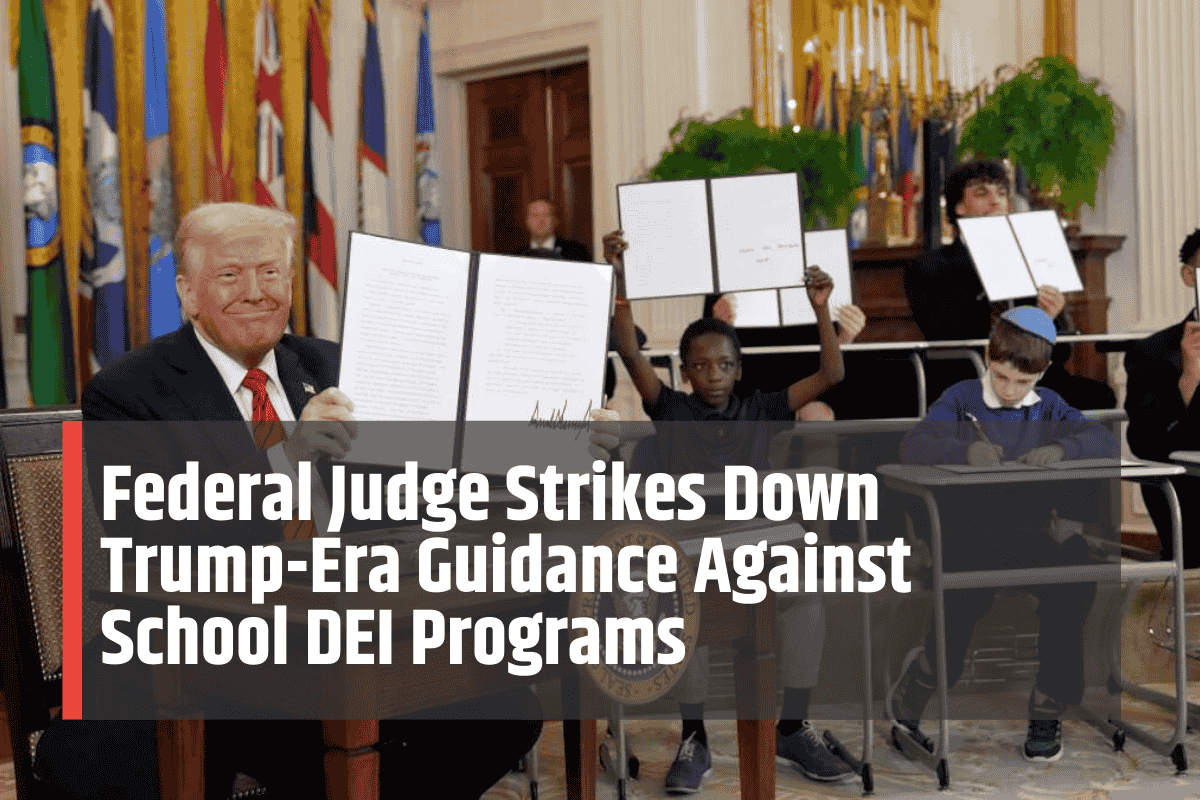
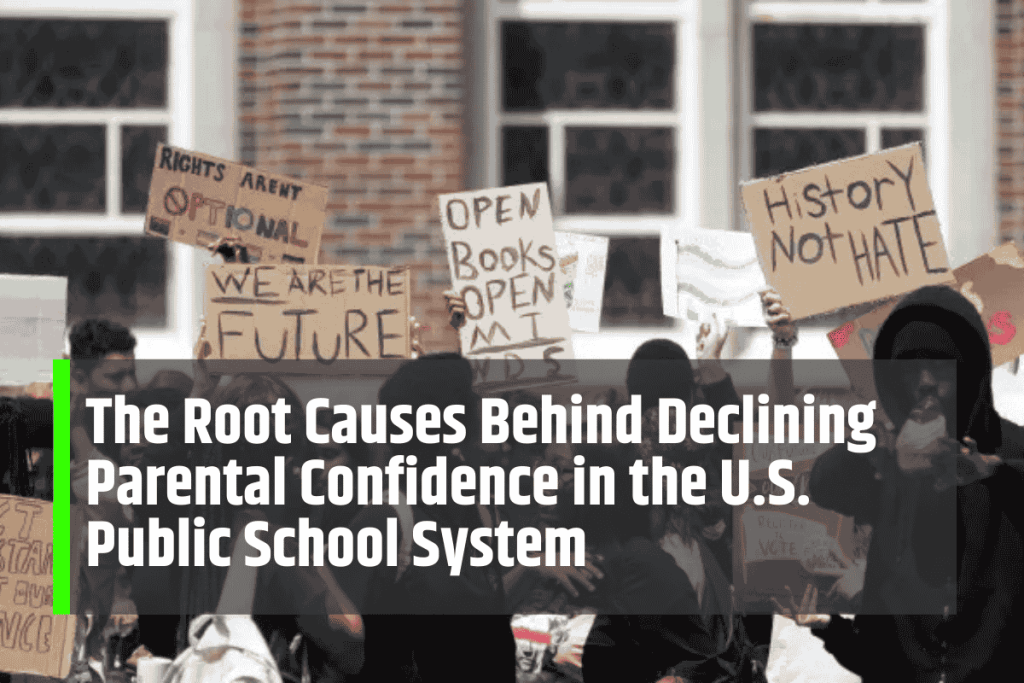
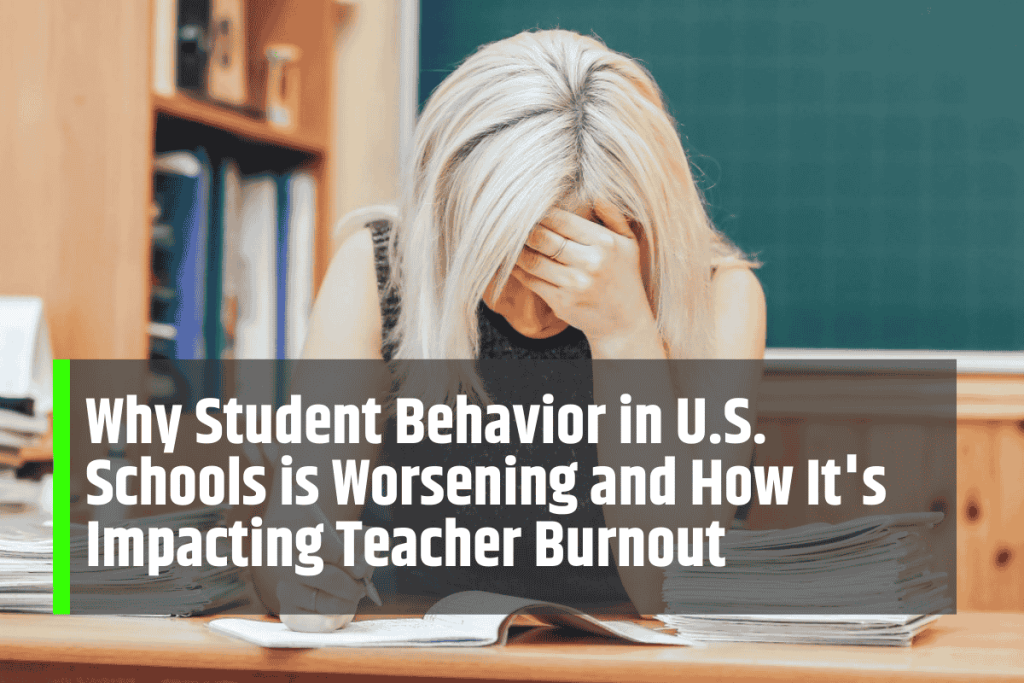



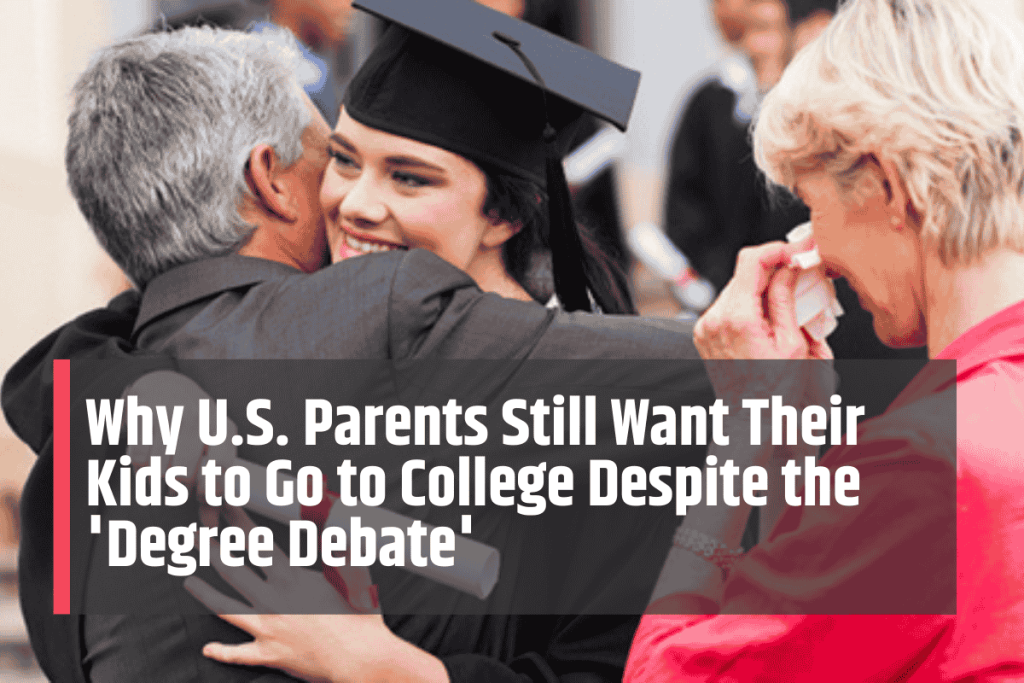


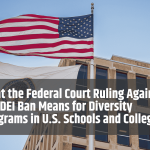
Leave a Comment